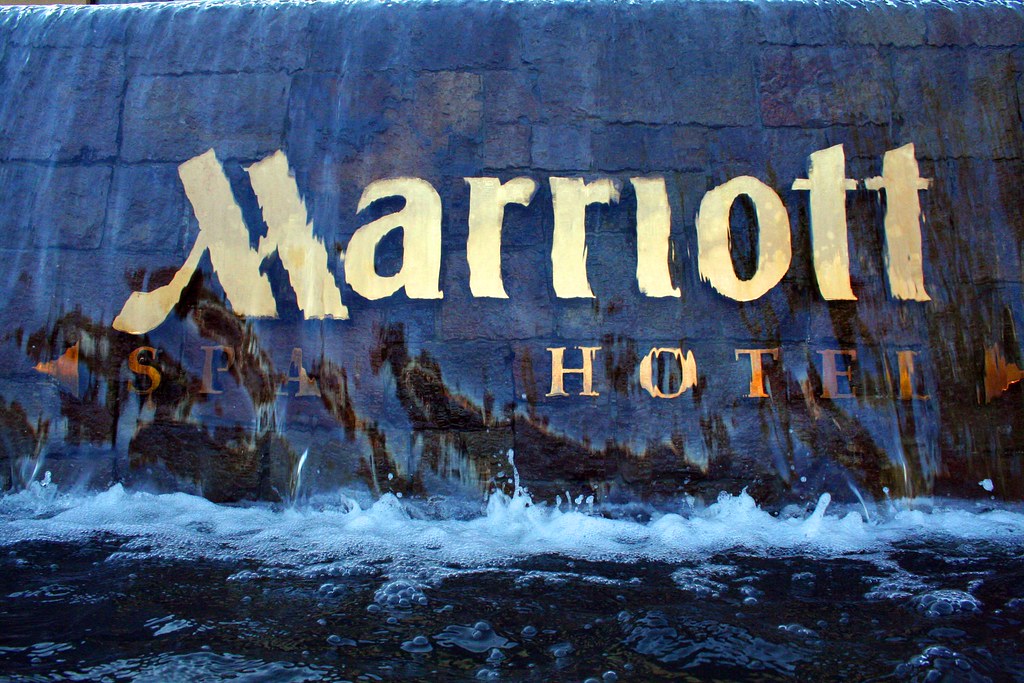
US hospitality giant Marriot International Inc has struck a deal to buy rival Starwood Hotels and Resorts Worldwide Inc, owner of Sheraton and Le Meridien hotel chains, for approximately $12.2 billion in a cash-and-stock deal, aiming to create the world's biggest hotelier. The combination would own over 30 popular global brands comprising 5,500 properties and more than 1.1 million rooms and would push the current leader and rival Hilton Worldwide which has 4,400 properties and about 720,000 rooms to the second spot. Under the terms, Starwood shareholders will get 0.92 shares of Marriot and $2 in cash for each of their shares, valuing the total transaction at around $12.2 billion. Based on the stock price as of 13 November, this comprises $11.9 billion of Marriot stock and a cash portion of $340 million. The total estimated value for Starwood shareholders, including approximately $7.80 per share on account of Starwood timeshare business, works out to around $79.88 per share. The value represents approximately 19-per cent premium based on 20-day volume weighted average price for the stock before the rumours surfaced on 26 October 2015. The merged business will benefit from substantial economies of scale, and improve its competitiveness. Bethesda, Maryland-based Marriot is a hospitality behemoth with more than 4,300 properties in 85 countries and territories. Its brands include Ritz-Carlton, Bylgari, Edition, Marriot, Renaissance Hotels and Delta Hotels and Resorts, among others. The group's fiscal 2014 revenue was nearly $14 billion. Marriot has been on an expansion spree recently. In April, the group bought Canada's Delta Hotels and Resorts, making it biggest hotel company in the country. Starwood, headquartered in Stamford, Connecticut owns over 1,270 properties in 100 countries and its renowned brands include Le Meridien, Sheraton, W, Westin, St Regis, Four Points and others. The hotelier's annual revenue is over $6 billion. Marriot president and chief executive officer Arne Sorenson said, ''The driving force behind this transaction is growth. This is an opportunity to create value by combining the distribution and strengths of Marriott and Starwood, enhancing our competitiveness in a quickly evolving marketplace. '' ''This greater scale should offer a wider choice of brands to consumers, improve economics to owners and franchisees, increase unit growth and enhance long-term value to shareholders,'' he added. ''A combination with Marriott provides the greatest long-term value for our shareholders and the strongest and most certain path forward for our company,'' Starwood chairman Bruce Duncan commented. Upon the completion of the merger, Marriot shareholders would own 63 per cent of the combined entity, while the remaining 37 per cent would be held by Starwood shareholders. The merger will cost approximately $100-$150 million over the next two years, the companies said. Marriot's Sorenson will remain president and chief executive officer of the combined business. The board members will increase from 11 to 14, with three directors joining from Starwood. The deal is expected to close in mid-2016, subject to shareholder approvals and customary closing conditions as well as completion of Starwood's planned disposition of its timeshare business. Starwood ended 3.7 per cent lower at $72.25 yesterday in New York, while Marriot stock moved up 1.4 per cent to $73.22 Deutsche Bank Securities is acting as financial advisor to Marriott while Starwood is advised by Lazard and Citigroup in respect of the transaction. Source: Article, Image: flickr.com
